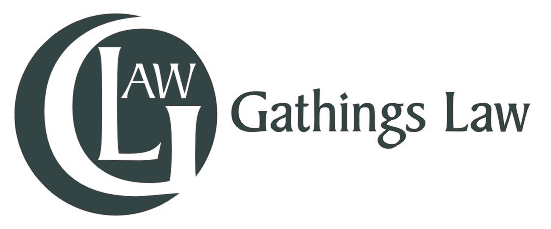Product liability in the context of vehicle recalls refers to the legal responsibility that manufacturers, distributors, and sellers of automobiles have when a defect or safety issue is identified in their vehicles, potentially causing harm to consumers or property damage. Vehicle recalls are a common mechanism for addressing these issues and ensuring consumer safety. Here’s an overview of the key aspects of product liability and vehicle recalls:
Product Liability:
- Product liability laws vary by country and jurisdiction but generally hold manufacturers and other parties in the supply chain responsible for the safety and quality of their products.
- There are three main types of product liability claims:
a. Design defects: These relate to inherent flaws in a product’s design that make it unsafe.
b. Manufacturing defects: These occur during the production process, resulting in individual units being unsafe.
c. Defects due to failure to warn or inadequate warning: This refers to the failure to provide proper warnings or instructions about a product’s safe use.
Vehicle Recalls:
- When a safety defect or non-compliance with safety standards is identified in a vehicle, the manufacturer may initiate a recall voluntarily or be required to do so by regulatory authorities, such as the National Highway Traffic Safety Administration (NHTSA) in the United States.
- Recalls can encompass a wide range of issues, including problems with brakes, airbags, tires, steering, and more.
- Manufacturers typically notify vehicle owners about the recall, and affected vehicles are repaired, replaced, or refunded.
Legal Implications:
- If a vehicle defect leads to an accident or injury, individuals harmed by the defect may file product liability lawsuits against the manufacturer, distributor, or seller.
- Plaintiffs in these cases typically need to demonstrate that the defect caused their injury or damage and that the product’s defect made it unreasonably dangerous.
- Manufacturers can be held liable for design defects, manufacturing defects or for defects in warnings and instructions, depending on the circumstances.
- Manufacturers are legally obligated to produce vehicles that meet safety standards and are free from defects that could harm consumers.
- They may also be required to keep records of the manufacturing and testing processes to demonstrate compliance with safety standards.
Regulatory Oversight:
- Government agencies, such as the NHTSA in the United States, play a crucial role in monitoring and regulating vehicle safety standards.
In summary, product liability and vehicle recalls are interconnected concepts that aim to ensure the safety of consumers by holding manufacturers accountable for any defects or safety issues in their vehicles. Vehicle recalls are a crucial mechanism for addressing such issues and preventing accidents and injuries related to automotive products.
Lloyd W. Gathings
Birmingham, AL
(205) 322-1201

